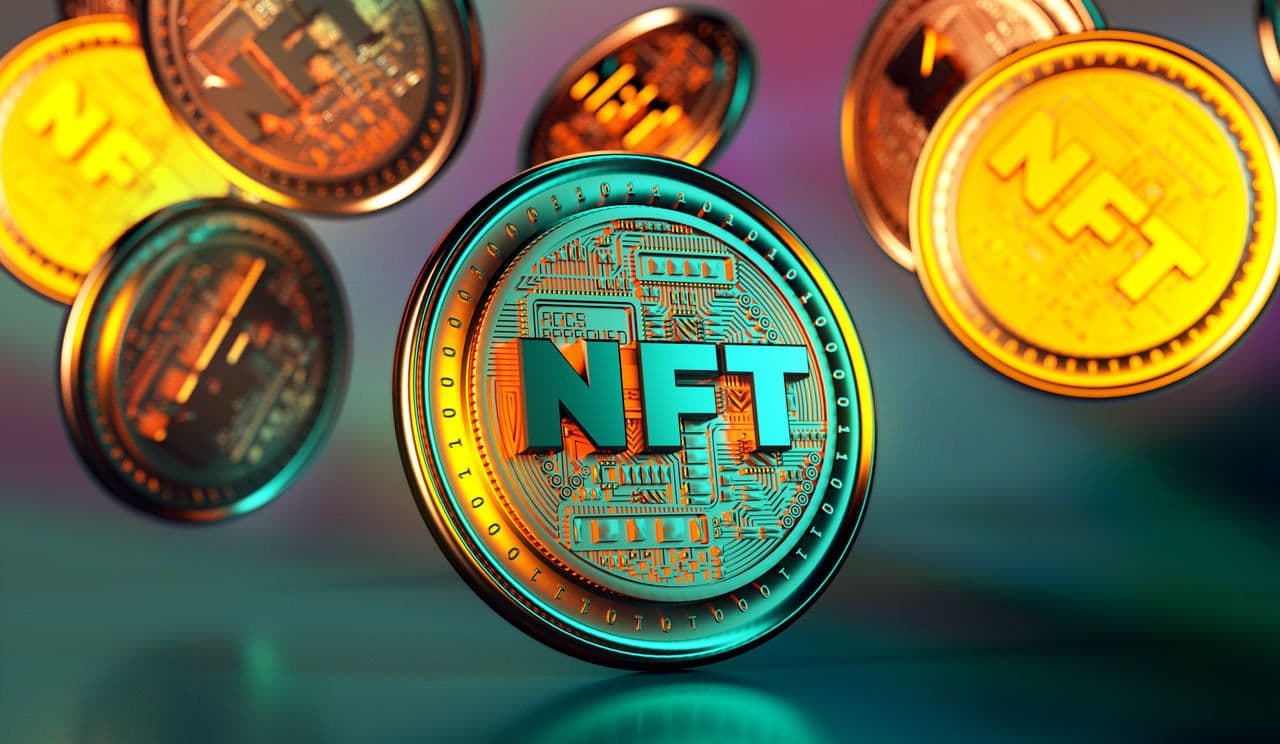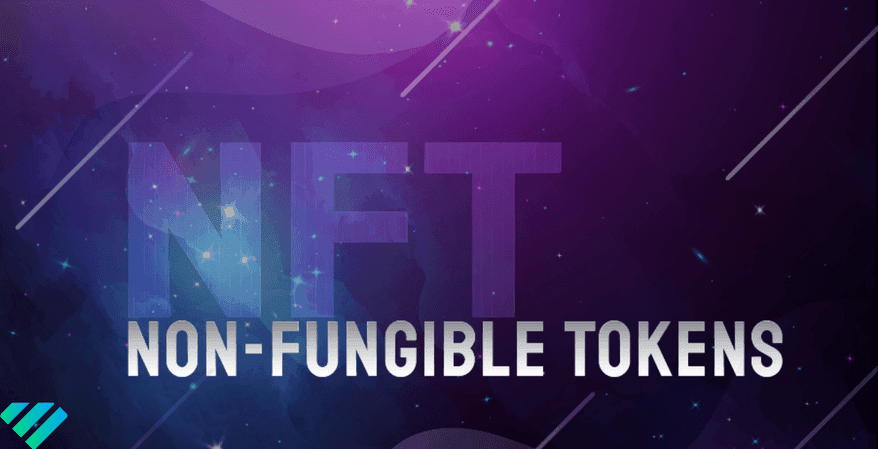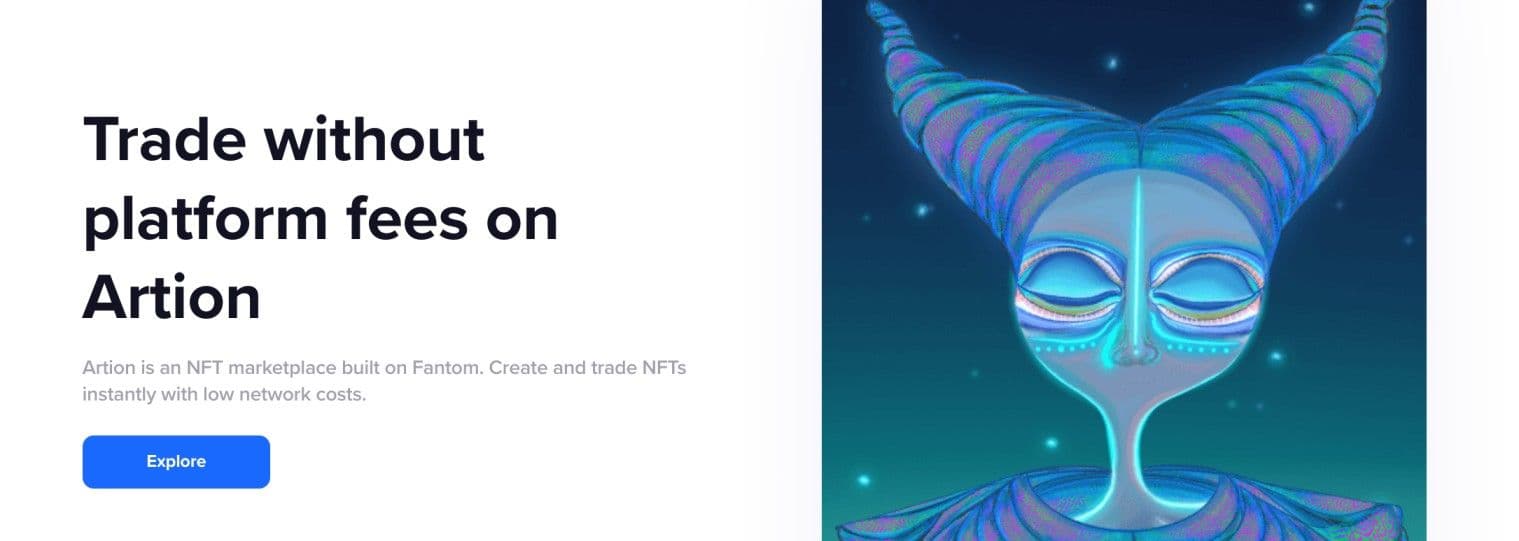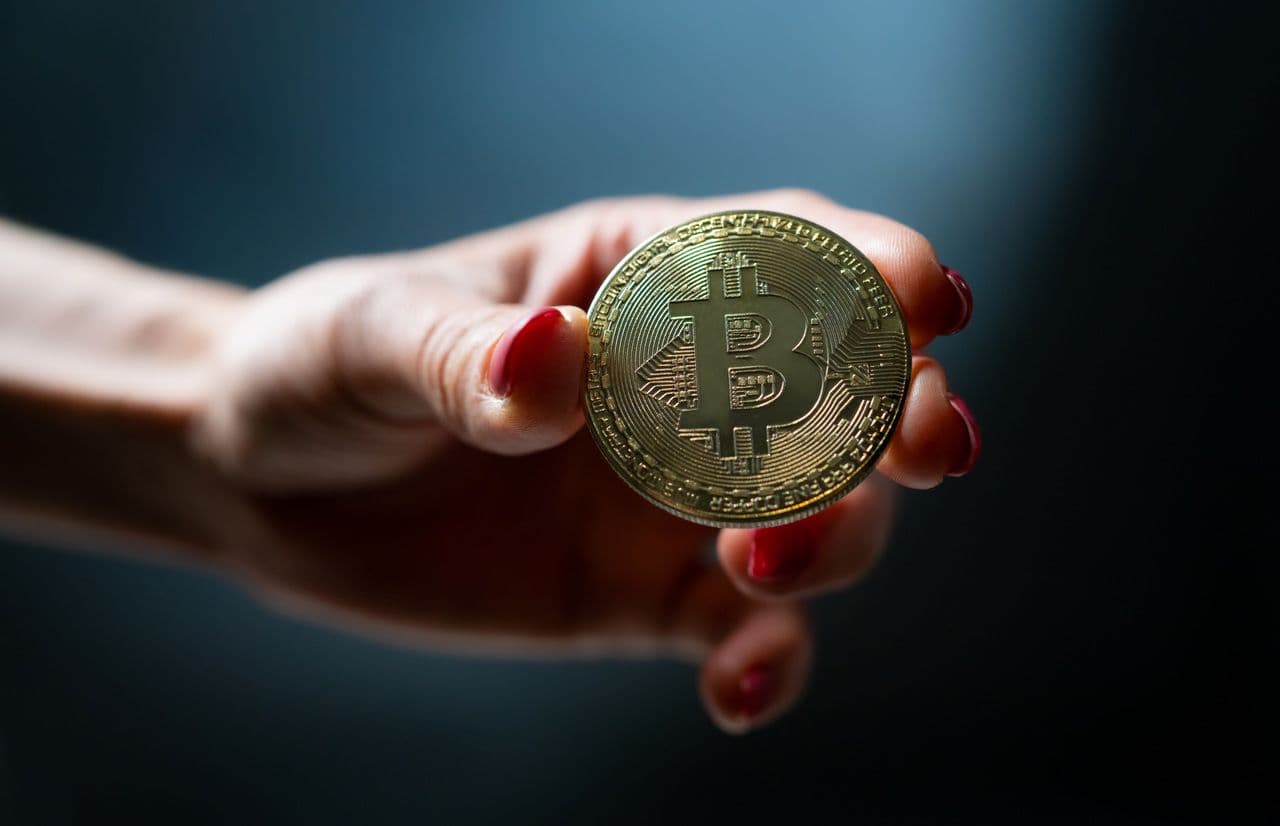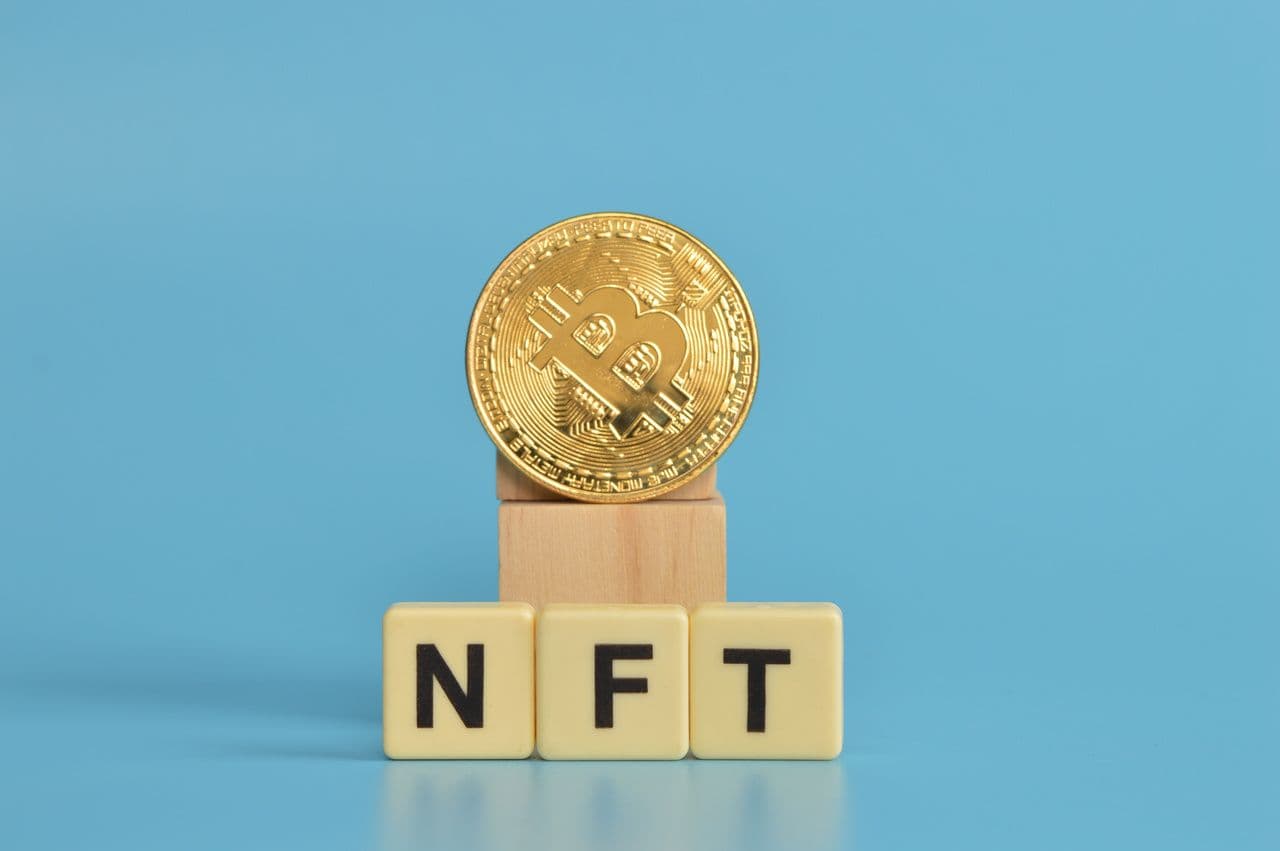NFTs + DeFi: What is Dego Finance (DEGO)?
Dego Finance (DEGO) is one of the most prominent protocols at the crossroads of decentralized finance (DeFi) and non-fungible tokens (NFTs) that aims to

Dego Finance (DEGO) is one of the most prominent protocols at the crossroads of decentralized finance (DeFi) and non-fungible tokens (NFTs) that aims to renew the purpose and utility of NFTs through a series of smart applications.
It basically uses Ethereum (ETH), but transitioned to Binance to avoid high fees and other issues related to the ETH network.
Its features are similar to DeFi’s general protocols. The protocol allows trading, mining and auctioning of NFT. In addition, Dego aims to build an ecosystem where NFTs can play a larger role in the DeFi space. It also allows them to create and issue their assets, as well as mine, trade and distribute their tokens and NFTs.
What you didn’t know about Dego Finance: What makes it different?
Dego finance provides not only the classic aspects of a decentralized protocol but also new features for NFTs. Typical NFT markets only allow the auctioning of NFTs, reducing their use to mere digital representations. However, Dego Finance offers a unique infrastructure with an independent ecosystem where users can trade, mine and issue their own tokenized products.
Dego plans to endow NFTs with more functions beyond being mere digital representations of single items. His team is currently developing Dego NFTs, a module that combines gaming and finance by enabling the mining, creation and auctioning of NFTs on GameFi. As mentioned, tokens deposited during NFT smelting are locked, but can be retrieved later by decomposing the NFT.
Advantages and disadvantages of Dego Finance (DEGO)
The advantages Dego brings are speed of transactions, staking, a fairly distributed reward system, speed of payments and security.
Although for the moment there are no considerable cons, the community has to wait for the arrival of new features, such as the cross-chain system and updates of its modules to test and review its possible cons.
In conclusion, Dego aims to revolutionize the NFT market by bringing more usability. The platform brings a unique ecosystem for developers who want to create, mine, trade and auction their tokenized work.





